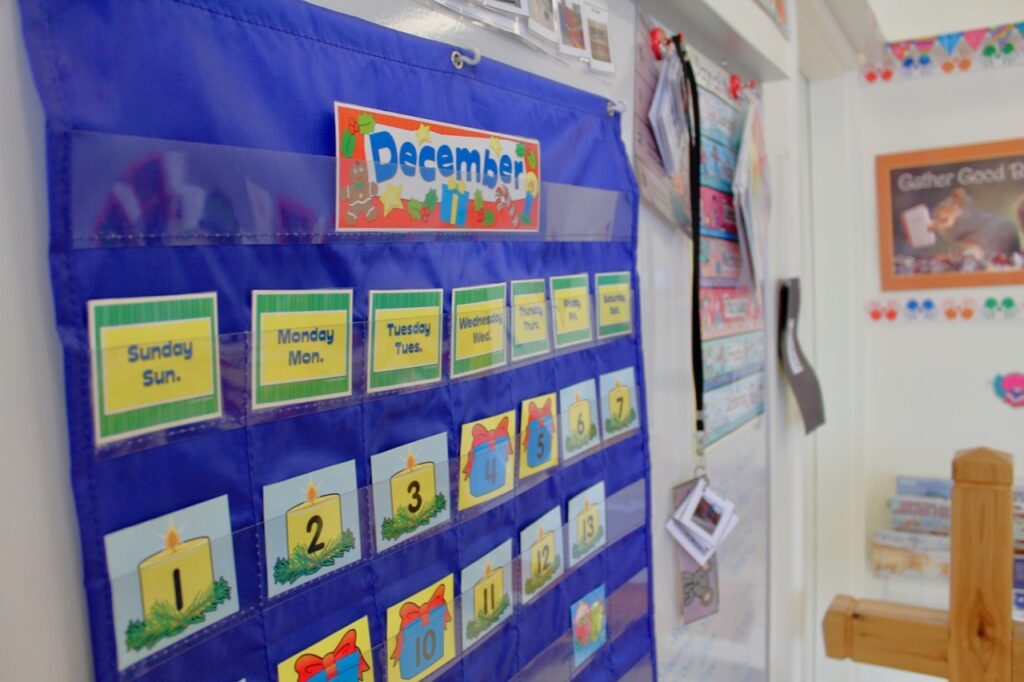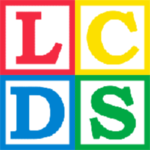
The Benefits of Early Childhood Education Towards a Child’s Development
Early childhood education (ECE) refers to the formal and informal educational experiences that young children, typically aged birth to eight years old, undergo. Research has consistently shown that the early years of life are crucial for a child’s cognitive, social, emotional, and physical development. When children are engaged in quality early childhood education programs, they develop essential skills that set the stage for future academic success, social competence, and overall well-being. In this article, we will explore the significant benefits of early childhood education and how it positively impacts a child’s development.
1. Cognitive Development and School Readiness
One of the most significant benefits of early childhood education is the development of cognitive abilities. During the first few years of life, the brain is highly malleable, with millions of neural connections being formed every second. By engaging children in age-appropriate activities such as problem-solving, language development, and critical thinking exercises, early childhood education programs stimulate brain growth and enhance cognitive skills.
Children who attend high-quality early education programs often enter formal schooling better prepared to succeed academically. They have improved vocabulary, higher literacy and numeracy skills, and better attention spans. These foundational skills provide a strong base for future learning, giving children a better chance to excel throughout their educational journey.
2. Social and Emotional Development
Early childhood education plays a vital role in shaping a child’s social and emotional development. Children learn to interact with peers, share, cooperate, and communicate in structured environments. This helps to develop their social skills, such as empathy, self-regulation, and the ability to navigate social dynamics. These skills are essential for building positive relationships and thriving in a school environment.
Furthermore, high-quality early education helps children develop emotional intelligence by teaching them how to express and manage their emotions. Educators use techniques such as guided play, storytelling, and group activities to help children understand and process feelings. Children who attend early education programs tend to have better emotional stability and resilience, enabling them to face challenges with greater confidence.
3. Increased Language Skills
Language development is another key benefit of early childhood education. Through interactions with caregivers, teachers, and peers, children expand their vocabulary and gain a deeper understanding of language structure. In early childhood programs, children are encouraged to engage in conversations, listen to stories, and participate in reading activities, all of which contribute to improved language skills.
Research has shown that children who participate in early education programs typically have a stronger grasp of language by the time they enter kindergarten. They can articulate their thoughts more clearly, engage in more meaningful conversations, and exhibit improved reading and writing abilities. Early exposure to language-rich environments provides children with the tools they need to succeed academically and in social situations.
4. Long-Term Academic Success
Numerous studies have found that children who attend quality early childhood education programs tend to perform better academically in the long run. Early learning experiences are linked to higher test scores, fewer grade repetitions, and increased graduation rates. The foundation built in these early years fosters a love of learning and a sense of curiosity that continues throughout their schooling.
Moreover, early childhood education helps bridge the achievement gap between children from different socioeconomic backgrounds. Children from disadvantaged families who have access to high-quality early education programs are more likely to catch up to their peers and maintain academic success throughout their academic careers. This not only benefits individual children but also contributes to broader social equity.
5. Physical Development and Health Benefits
Early childhood education also supports physical development. Activities such as play, movement, and fine motor skill exercises promote physical growth and coordination. Children in ECE programs are often involved in physical activities like running, jumping, and dancing, which help to improve muscle strength, balance, and coordination.
In addition to physical development, early childhood education programs can have a positive impact on a child’s overall health. Programs that emphasize nutrition, exercise, and healthy habits lay the groundwork for a lifetime of good health. Furthermore, children who attend early education programs are more likely to develop better hygiene practices and gain early access to healthcare services, contributing to overall well-being.
6. Preparation for Lifelong Learning
One of the most enduring benefits of early childhood education is that it fosters a lifelong love of learning. By introducing children to new ideas, concepts, and experiences in a supportive environment, ECE helps children develop curiosity and a growth mindset. Children who feel supported and engaged in the early years are more likely to approach learning with enthusiasm and perseverance throughout their lives.
Early childhood education programs also help children develop the cognitive flexibility needed to navigate an ever-changing world. By learning to think critically, solve problems, and adapt to new situations, children are better prepared for the challenges and opportunities they will encounter throughout their education and future careers.
7. Stronger Parent and Family Involvement
Another key benefit of early childhood education is the positive impact it has on families. Parents and caregivers often become more engaged in their child’s education when they are involved in early childhood programs. Many ECE programs offer parent-teacher conferences, workshops, and resources that empower parents to support their child’s development at home.
Additionally, families of children in early education programs often experience greater peace of mind, knowing that their child is in a safe, nurturing environment that promotes growth and development. This involvement helps create a strong partnership between families and educators, which is essential for a child’s success.
Conclusion
In conclusion, early childhood education is a powerful tool for shaping a child’s cognitive, social, emotional, and physical development. The skills children develop in these formative years have a lasting impact on their academic success, well-being, and ability to navigate the world around them. Early childhood education not only prepares children for school but also equips them with the foundation needed for lifelong learning, personal growth, and success in a rapidly changing society. Investing in quality early childhood education is an investment in a child’s future—and in the future of our society.
**”This article was generated with the assistance of AI technology, ChatGPT”**
